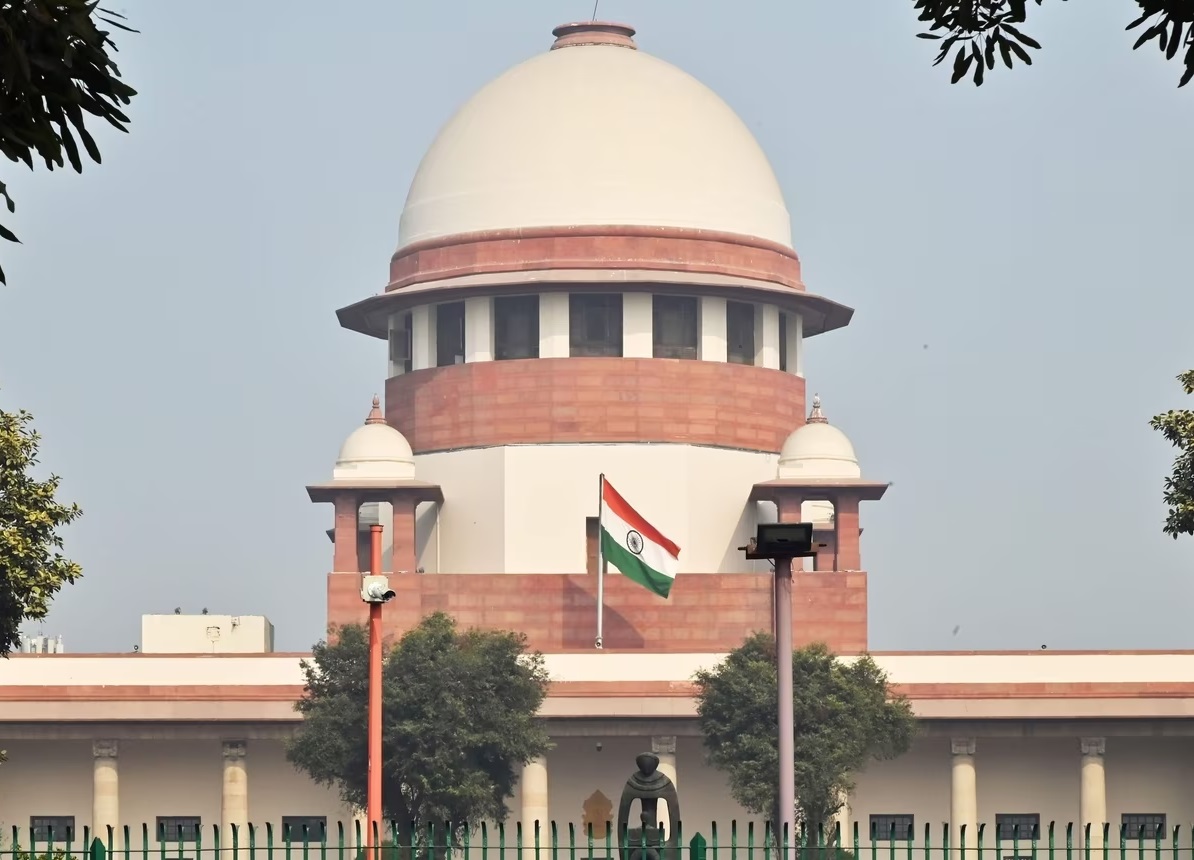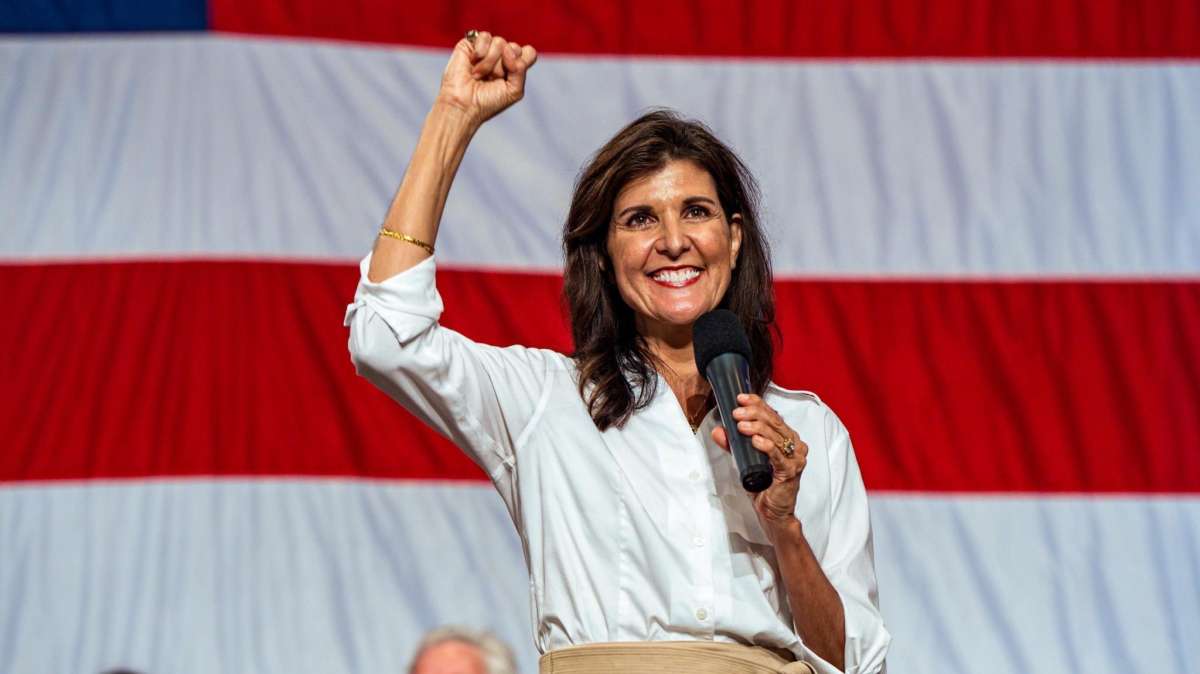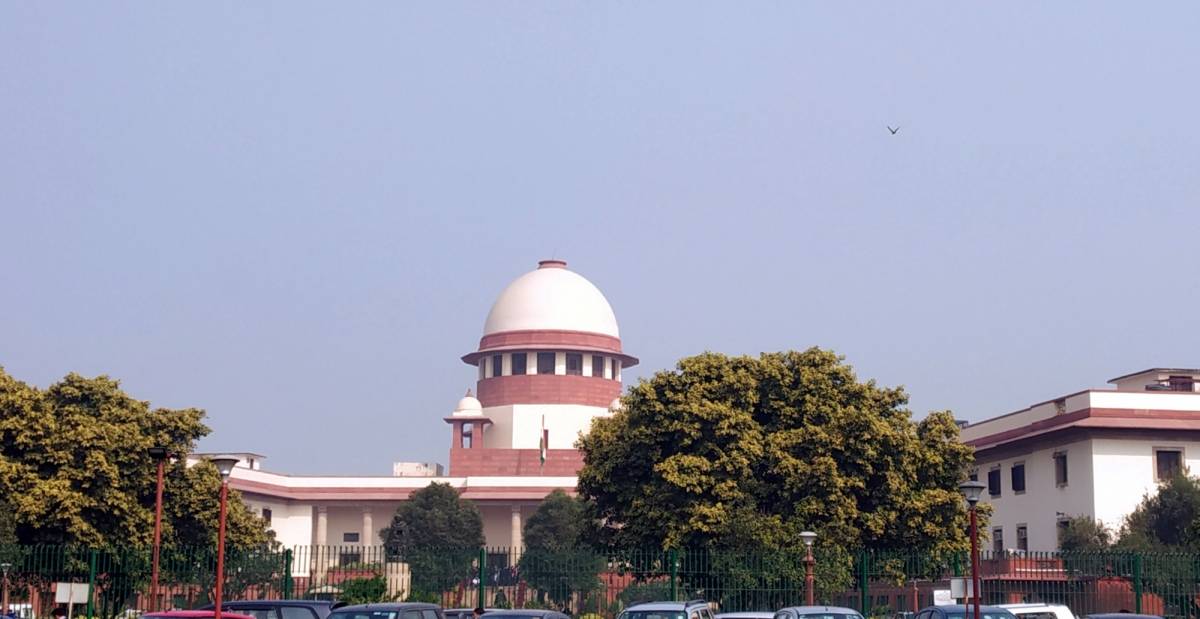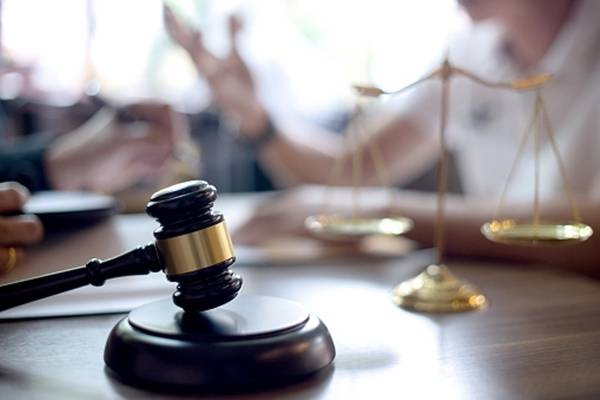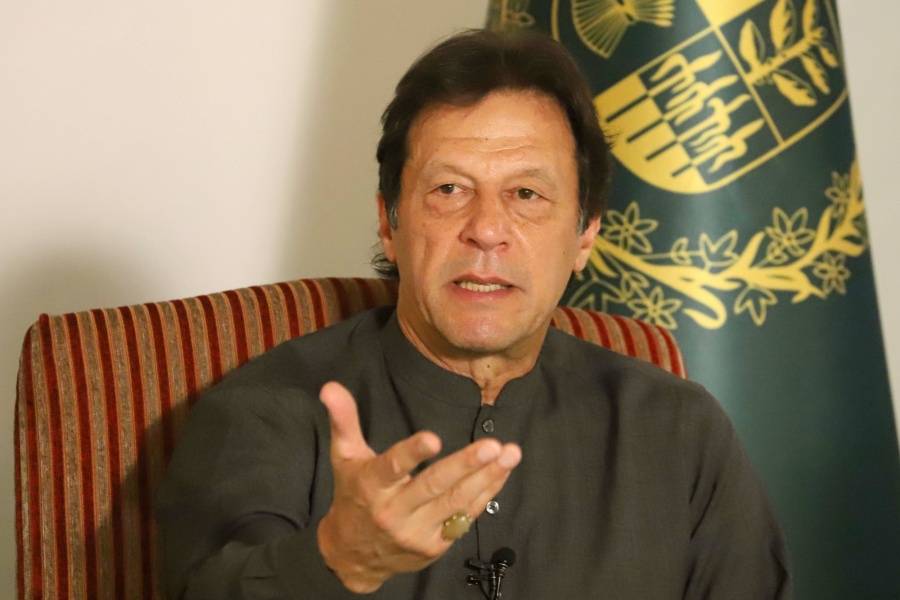Amartya Sen expressed relief over the discontinuation of electoral bonds, highlighting the need for greater transparency in political support….reports Asian Lite News
Renowned economist and Nobel laureate Amartya Sen praised the Supreme Court’s recent ruling invalidating the electoral bonds scheme, labeling it a scandal.
Sen, speaking from Massachusetts, USA, emphasized the potential for enhanced transparency in electoral practices.
He expressed relief over the discontinuation of electoral bonds, highlighting the need for greater transparency in political support.
The apex court’s decision, citing violations of constitutional rights, mandates the State Bank of India to divulge details of encashed electoral bonds to the Election Commission by March 6.
Sen lamented the impact of party politics on India’s electoral system, underscoring the challenge faced by ordinary citizens in gaining representation.
He highlighted the influence of the government’s treatment of opposition parties on the electoral process, advocating for a free and fair electoral system.
Sen reiterated the constitutional goal of ensuring political freedom for all citizens, without favoring any specific community.
Notably, former finance minister P Chidambaram of the Congress party echoed Sen’s sentiments, hailing the court’s decision as a significant win for transparency.
The Supreme Court had observed that the majority of contribution through bonds has gone to political parties which are ruling parties in the Centre and the states.
It said that analysis of the annual audit reports of political parties from 2017-18 to 2022-23 reflects that there has also been a substantial increase in contribution and donation through electoral bonds.
For instance, in the financial year 2017-18, a sum of Rs 221 crore was donated through electoral bonds to different political parties across the spectrum, however, in the year 2021-22, the contribution through bonds multiplied more than 10 times to a whopping Rs 2,664 crore.
On the top of the list, Bharatiya Janata Party (BJP) received a total of Rs 210 crore in 2017-18 through bonds and the donation rose to Rs 1,294 crore in 2022-23.
The table contained in the judgment, among other data, indicated that in 2021-22, Indian National Congress (INC) received Rs 236 crore; Trinamool Congress – the ruling party in West Bengal – obtained Rs 528 crore; Tamil Nadu’s ruling party DMK received Rs 306 crore.
The Supreme Court said that the share of income from unknown sources for national parties rose from 66 per cent during the years 2014-15 to 2016-17 to 72 per cent during the years 2018-19 to 2021-22.
“Between the years 2019-20 to 2021- 22 the Bond income has been 81 per cent of the total unknown income of national parties,” it added.
Further, it said that the total unknown income, that is donations made under Rs 20,000, sale of coupons etc., has not shown ebbing and has substantially increased from Rs 2,550 crore during the years 2014-15 to 2016-17 to Rs 8,489 crore during the years 2018-19 to 2021-22.
The apex court noted that the Bonds income between the years 2018-19 to 2021-22 constitutes 58 per cent of the total income of the national political parties.
In his separate concurring opinion, Justice Sanjiv Khanna based on the analysis of the data arrived at the conclusion that the electoral bonds scheme fails to meet the balancing prong of the proportionality test.
“However, I would like to reiterate that I have not applied proportionality stricto sensu due to the limited availability of data and evidence,” Justice Khanna said.
His opinion contained the data as available on the website of the Election Commission (EC) and the data submitted by the petitioners.
However, Justice Khanna clarified that the court had not opened the sealed envelope given by the EC.
ALSO READ: AAP’s top panel to discuss Delhi candidates


